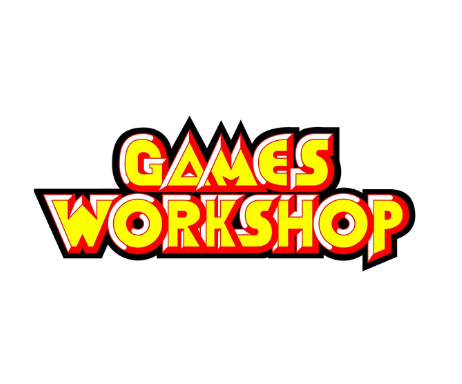- cross-posted to:
- ghazi@lemmy.blahaj.zone
- cross-posted to:
- ghazi@lemmy.blahaj.zone
The first edition of Warhammer 40k, Rogue Trader, was written in 1987 largely by Rick Priestley, an up and coming young game designer who had cut his teeth co-writing the original Warhammer Fantasy battles. It was a hodgepodge of ideas from many sources: Frank Herbert’s Dune, 2000AD comic strips like Judge Dredd and Nemesis the Warlock, Michael Moorcock’s fantasy and sci-fi, Philip José Farmer’s The World of Tiers, Bryan Ansell’s Laserburn wargame.
We can add to that Priestley’s lived experience in mid 20th century Britain; the long-tail of the Second World War and the end of British Empire; the ongoing civil discontent of the ‘70s and ‘80s between trade unions and the government; the UK’s ongoing military operations in Northern Ireland; state sanctioned support for the South African Apartheid government; and the Falklands war. All fed into an early 40k corpus that was politically charged and anti-authoritarian.
Since Rogue Trader was published, Warhammer 40k has been developed and expanded with a ridiculous quantity of content. It isn’t one single thing any more – it’s a complex of Warhammer 40k books, Warhammer 40k Codexes, miniatures, Warhammer plus animations, tie-in Warhammer 40k games on PC and console, even marketing materials. There’s more of it than any one person can engage with, and the focus has been split even further.
…
Warhammer 40k lore has developed in directions that directly undermine its ability to criticize the real-world inspirations of the Imperium. While Rogue Trader presented an Imperium that’s arguably as atrocious as the forces that opposed it, the threats it faces have since escalated wildly, weakening the setting’s satirical base by giving the Imperium more convincing excuses to be awful.
…
The irony and exaggeration remain, but they’re now the background to a battle for survival, told from the point of view of (usually) relatable, sympathetic and enjoyable Imperial characters – satirical motifs no longer pointed at a satirical target.
While the Imperium is clearly corrupt, inefficient, and ruinous to its citizens, the reality of its situation has changed a critique into a question. Are these acceptable prices for continued survival? Are these inevitable consequences of continued survival? Great fodder for sci-fi debates, but ineffective satire.
This is just my armchair opinion but it seems to me that the writers have been actively trying to move the setting away from its satiracal origins for years. I think when 40k started show potential to become really profitable they suddenly realized that they needed a “good guy” to put on the box. Then they realized they’d shot themselves in the foot by making their protagonists outright fascists and have been slowly trying to make the imperium less evil with every iteration.
Obviously some people like that which is totally fine, but to me it makes the whole thing less interesting.


